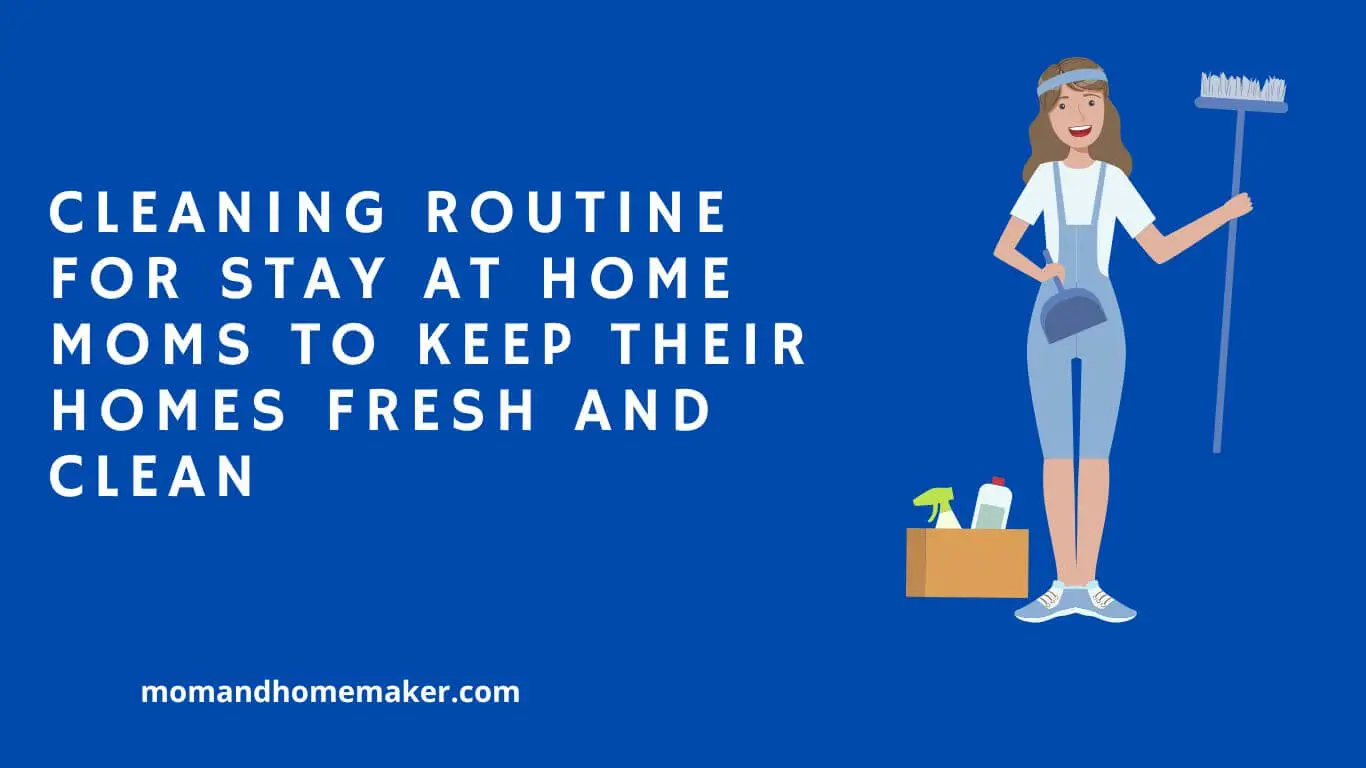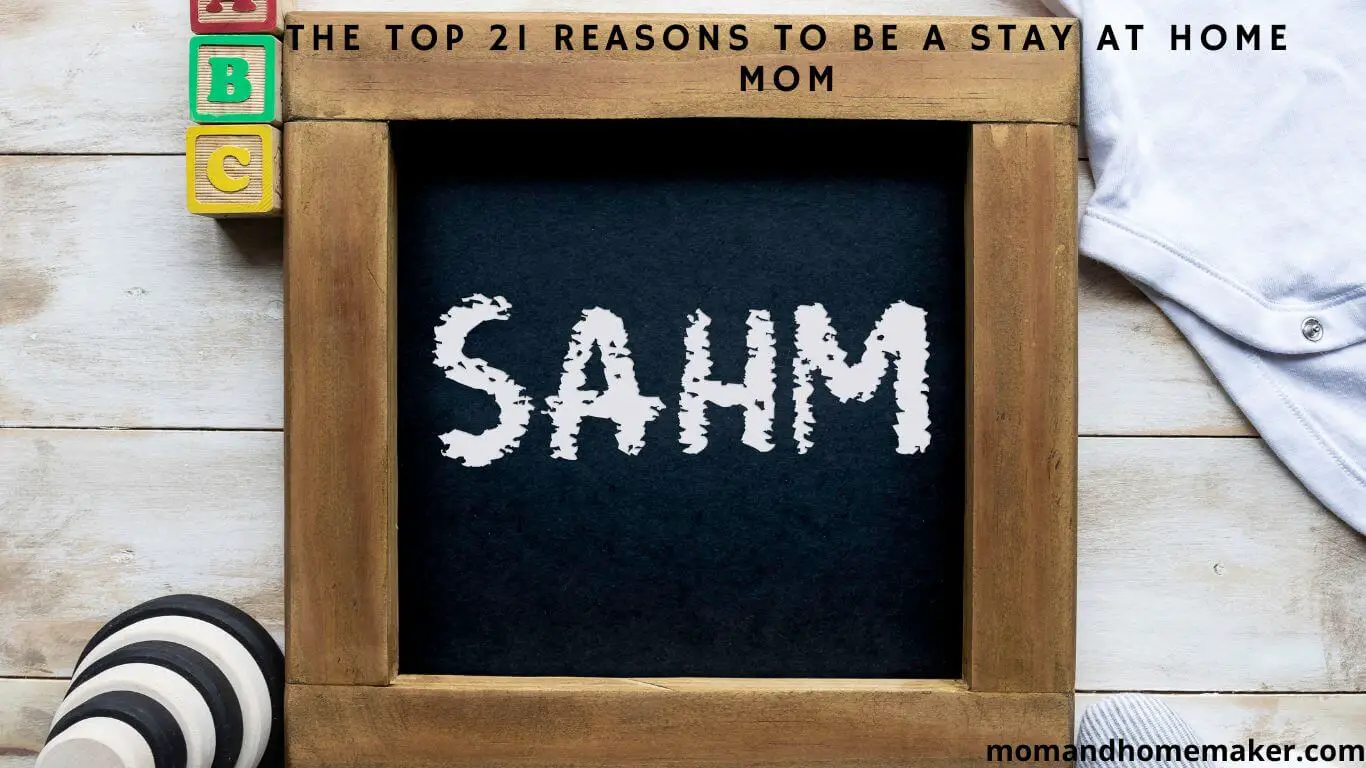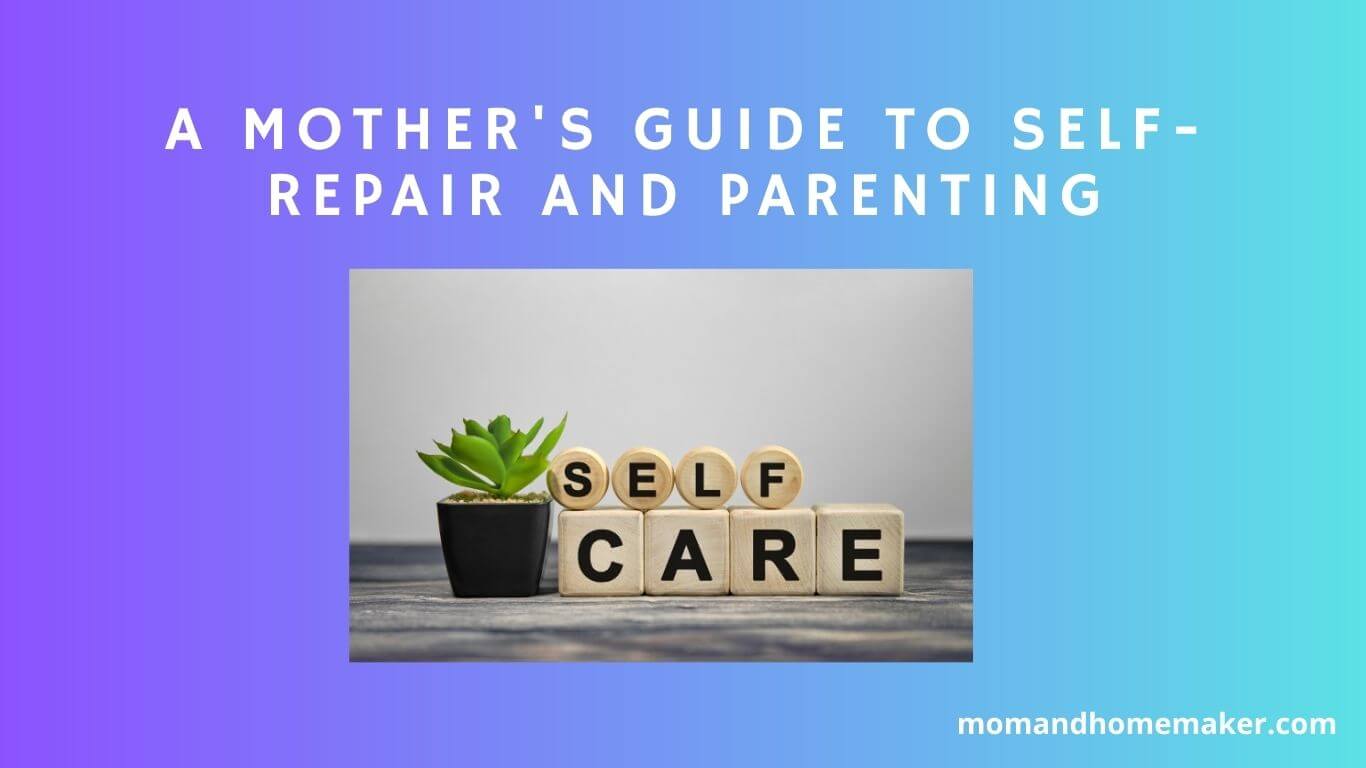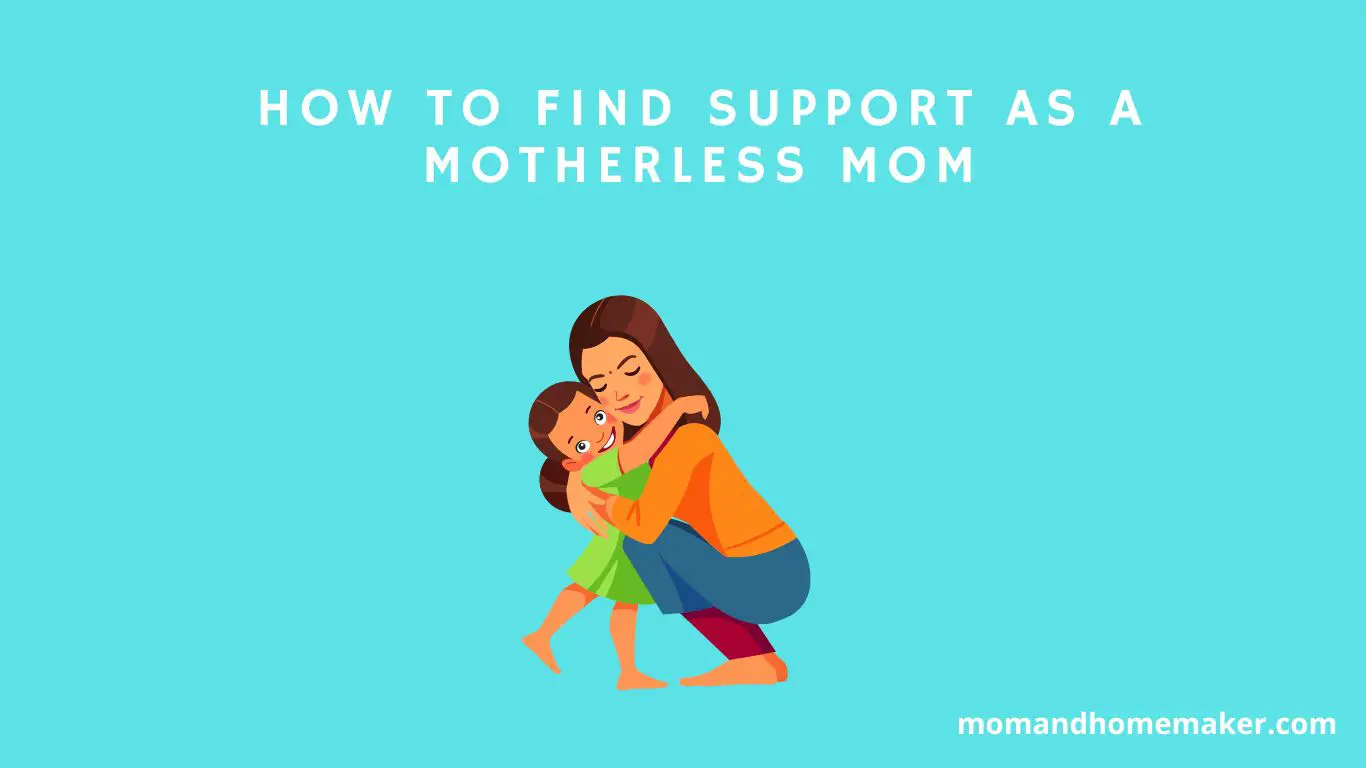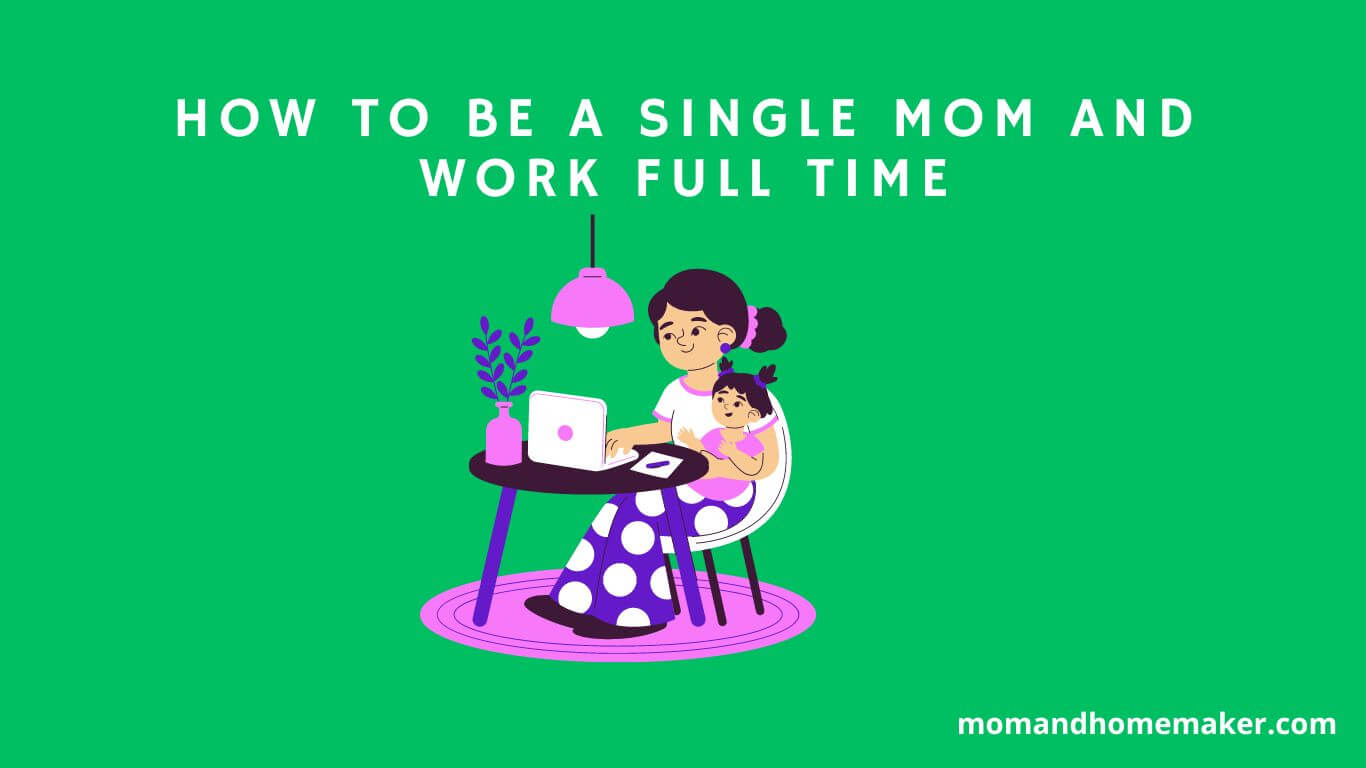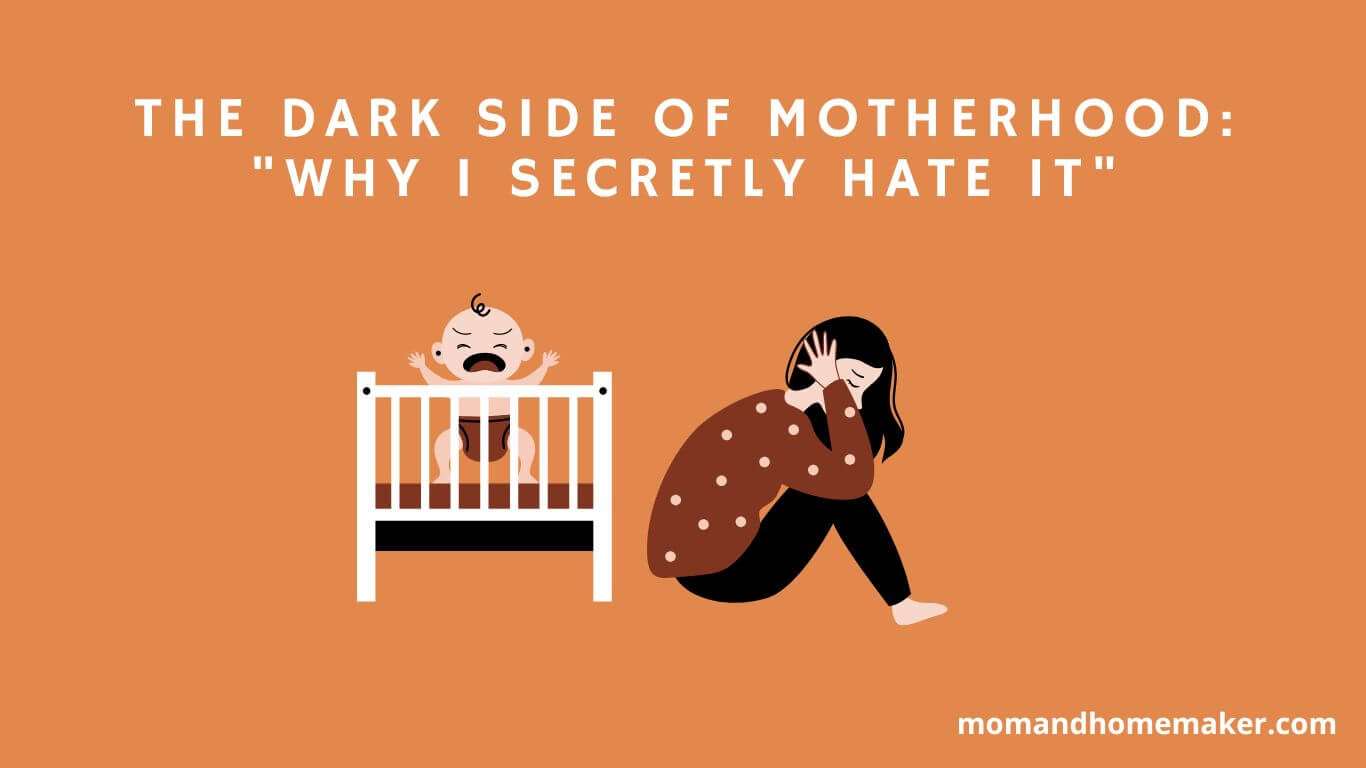Have you ever stopped to think about why being a stay-at-home mom is often seen as stressful?
The mix of responsibilities and emotions involved can make it quite a challenging experience.
Let’s dive into the reasons behind this common perception and unravel the complexities of this role.
Lack of Adult Interaction
Being a stay-at-home mom can often lead to a lack of adult interaction in your daily life. The constant cycle of taking care of children, managing the household, and handling various duties can leave you craving meaningful conversations and emotional support from other adults.
It’s normal to feel isolated or lonely when your days are primarily focused on meeting the needs of your little ones without much chance for adult discussion.
Amidst diaper changes, meal prep, and playtime, the absence of regular social interaction can impact your emotional well-being.
Connecting with other adults allows you to engage in conversations beyond parenting, fostering a sense of camaraderie and understanding that’s crucial for mental health.
Sharing experiences, seeking advice, or simply enjoying light-hearted chats with fellow moms can provide a much-needed break from the demands of childcare.
Actively seeking out opportunities for social interaction, whether through playgroups, community events, or online platforms, can help alleviate the sense of isolation that often comes with being a stay-at-home mom.
Setting aside time for yourself to connect with others and nurture relationships outside of your immediate family can be a valuable source of support and companionship as you navigate the responsibilities of caring for your loved ones.
Constant Demands of Children
Being a stay-at-home mom comes with its share of challenges, especially when your children’s constant needs and requests dominate your daily life.
Here are some practical tips to help you manage these demands more effectively:
- Effective Time Management: Juggling your children’s needs along with household tasks can feel overwhelming. Creating a daily routine that works for both you and your kids is crucial. Setting specific times for activities, meals, and rest can provide structure to your day. Remember, flexibility within this routine can help reduce stress.
- Emotional Well-Being: Meeting your children’s emotional needs while managing your own can be tough. It’s important to know that it’s okay to seek help or take a moment for yourself when necessary. Building a support network of friends, family, or online communities can offer a space to share experiences and gain advice, reducing feelings of isolation.
- Self-Care Matters: While your children are a top priority, don’t forget to prioritize your own well-being. Finding moments in the day for self-care activities like a short walk, reading, or practicing mindfulness can recharge your energy and promote a positive mindset. Remember, taking care of yourself enables you to better care for your children.
Limited Time for Self-care
As a stay-at-home mom, finding time for self-care can be tough with the constant demands of your children.
Your days are packed with taking care of your little ones, leaving little room for yourself. Self-care often takes a backseat as you prioritize your family’s well-being. It’s a challenge to find moments for yourself amidst the never-ending tasks of child care.
Amidst all the family responsibilities, it’s crucial to carve out small pockets of time for yourself. Even simple activities like enjoying a cup of tea in the morning or a quick walk around the block can make a difference.
Self-care doesn’t have to be elaborate; it can be found in the small stolen moments throughout the day. You can also involve your children in your self-care routines, turning activities like baking or reading into relaxing moments for yourself.
Financial Strain and Dependency
Navigating the challenges of managing childcare responsibilities while coping with financial strain and dependency as a stay-at-home mom can be tough. It’s crucial to approach these obstacles with resilience and grace. Here are three key points to keep in mind:
- Financial Independence: Many stay-at-home moms may feel financially reliant on their partners. However, it’s important to explore opportunities that can lead to financial empowerment. Whether it’s starting a home-based business, freelancing, or pursuing a personal project, taking steps toward financial independence can boost confidence and self-worth.
- Emotional Well-being: Financial difficulties can impact your emotional health. It’s essential to prioritize self-care and seek support when needed. Remember, your value isn’t solely tied to financial contributions. Engage in activities that bring you joy, connect with other stay-at-home moms for support, and practice gratitude to nurture your self-worth.
- Setting Financial Goals: Establishing clear financial goals can provide a sense of direction and achievement. Whether it’s creating a budget, saving for your children’s future education, or planning for retirement, setting practical financial milestones can help reduce stress related to financial strain. Taking control of your financial future can enhance your peace of mind and overall well-being.
Feeling of Isolation
Feeling isolated as a stay-at-home mom can lead to emotional challenges and a sense of loneliness that affects your well-being.
It’s natural to feel overwhelmed when you spend most of your time caring for your family without much interaction outside your home.
The lack of adult conversation and social interaction can weigh heavily on your spirit, making it important to seek emotional support and social connection.
To combat feelings of isolation, prioritize building a support system. Reach out to other stay-at-home moms in your community or online.
Joining parenting groups or attending local meetups can provide opportunities to share experiences, seek advice, and form friendships. Engaging in regular conversations with adults who understand your situation can offer a sense of belonging and validation.
Make time for activities that allow you to connect with others. Schedule playdates for your children where you can engage in conversations with fellow parents. Consider volunteering or joining a class or group that aligns with your interests.
These activities not only provide social connections but also help you maintain a sense of individuality outside your role as a caregiver.
Unrealistic Societal Expectations
Unrealistic societal expectations can create immense pressure on stay-at-home moms, impacting how they perceive their value and role in society.
These societal pressures can have a profound emotional impact on individuals who prioritize their families. Here are three ways in which unrealistic expectations can affect stay-at-home moms:
- Comparison Culture: Society often paints an unrealistic picture of the perfect stay-at-home mom who effortlessly maintains a clean home, bakes fresh treats daily, and raises well-behaved children. This unrealistic standard can lead to feelings of inadequacy and disappointment when reality falls short. Constantly measuring up to an unattainable ideal can significantly impact a mother’s emotional well-being.
- Invisible Labor: Stay-at-home moms are often expected to handle household responsibilities, childcare, and support their partners without receiving the recognition they deserve. The lack of acknowledgment for this labor can result in feelings of being undervalued and unappreciated, affecting their self-worth and mental health.
- Supermom Syndrome: The pressure to excel in every aspect of life, from parenting to personal appearance, can create a ‘Supermom Syndrome.’ Striving for perfection in all roles can lead to burnout, anxiety, and stress. Stay-at-home moms must prioritize self-care and establish boundaries to address the mental health challenges posed by unattainable societal norms.
Balancing Household Responsibilities
Balancing household responsibilities as a stay-at-home mom can be quite challenging. Managing tasks like cooking, cleaning, childcare, and perhaps even remote work can lead to time management issues.
It may seem overwhelming to squeeze everything into your day, leaving little room for relaxation or self-care.
To avoid burnout, it’s crucial to divide household duties effectively. Communicate openly with your family about sharing responsibilities.
Encourage your children and partner to help out according to their abilities, promoting teamwork and a shared commitment to the household.
Remember, you don’t have to do everything on your own; sharing tasks can ease the burden and foster a sense of cooperation within the family.
Maintaining a work-life balance is essential. Set clear boundaries to outline your responsibilities and allocate specific times for work, chores, and quality family time.
Don’t forget to schedule moments for yourself, whether it’s reading, going for a walk, or engaging in a hobby.
Self-care is often neglected by stay-at-home moms, but prioritizing your well-being is vital for your overall happiness and effectiveness in managing household responsibilities.
Sleep Deprivation
Managing household tasks as a stay-at-home mom can lead to significant sleep deprivation, impacting your overall well-being and daily functioning.
Several factors contribute to the challenges you may encounter in getting enough rest:
- Nap Time Struggles: While nap time for your little ones can offer a chance to rest, you may feel torn between sleeping and completing household chores, creating a balancing act.
- Sleep Training Efforts: Teaching your baby good sleep habits through sleep training is essential but can be emotionally draining and time-intensive. Helping your child learn to self-soothe and sleep through the night can disrupt your own sleep patterns, leaving you exhausted.
- Night Wake-Ups: Dealing with frequent night awakenings of your children can disrupt your sleep. Whether it’s tending to a baby’s needs or comforting a toddler with nightmares, these interruptions can leave you fatigued in the morning.
Navigating these challenges and finding time to prioritize your own rest is crucial for your overall well-being as a stay-at-home mom.
Lack of Personal Fulfillment
Feeling unfulfilled while juggling the responsibilities of being a stay-at-home mom is a common struggle. Your days are likely busy with taking care of your children, managing household tasks, and fulfilling various duties, leaving little time for your personal growth.
It’s important to understand that prioritizing your own needs isn’t selfish but essential for your overall well-being.
Finding personal fulfillment doesn’t have to be complicated or time-consuming. Simple activities like reading a book during your child’s nap time, starting a small garden, or learning a new hobby can greatly contribute to your personal development.
These moments of self-care not only benefit you but also demonstrate to your children the importance of pursuing individual interests and passions.
Engaging in a creative outlet can also be a powerful way to nurture personal fulfillment. Whether it’s painting, writing, cooking, or crafting, expressing yourself through creative activities allows you to tap into your talents and inner creativity.
These moments of creativity can bring a sense of achievement and happiness, helping you feel more fulfilled and balanced amidst the daily demands of motherhood.
Guilt Over Not Contributing Financially
While finding fulfillment as a stay-at-home mom is important, dealing with guilt about not contributing financially can add extra pressure and self-doubt to your daily life.
Many stay-at-home moms face this emotional challenge due to societal expectations that prioritize financial contributions.
Here are three tips to help you navigate this aspect of being a stay-at-home mom:
- Recognize the Value of Your Non-Financial Contributions: Your efforts to create a loving and nurturing home environment for your family are priceless and go beyond monetary measures.
- Embrace Your Identity Beyond Money: Take this opportunity to explore personal growth, hobbies, and interests that can help you redefine your sense of self-worth beyond financial contributions.
- Seek Support and Validation: Connect with other stay-at-home moms or join support groups to share your feelings openly. Surround yourself with individuals who understand the importance of your role and can offer validation during moments of doubt.
Strain on Relationship With Partner
Experiencing strain on your relationship with your partner as a stay-at-home mom can be emotionally challenging.
It may require open communication to address effectively, especially as roles and responsibilities shift. This change can lead to potential communication challenges and misunderstandings, causing tension within your relationship.
The strain on your relationship often stems from role expectations influenced by traditional gender roles and societal norms.
These expectations can affect how you and your partner perceive each other’s contributions to the household and family.
Having open and honest conversations about these expectations is crucial to ensure both partners feel valued and respected.
To cope with the strain on your relationship, consider scheduling regular check-ins with your partner to discuss concerns and share feelings.
Setting boundaries and allocating specific responsibilities can help create a sense of balance and teamwork within your partnership.
Remember, both you and your partner are navigating this journey together, and supporting each other through challenges can strengthen your bond.
Comparison to Working Moms
Comparing the experiences of stay-at-home moms to working moms offers valuable insights into different parenting dynamics and societal expectations.
When looking at your role in contrast to that of a working mom, you may consider various factors that contribute to similarities and differences between the two paths.
- Balancing Responsibilities: While working moms navigate balancing career demands and family responsibilities, stay-at-home moms also manage a variety of tasks daily. Finding a balance in handling household duties, childcare, and personal time is crucial for both groups.
- Career Impact: Stay-at-home moms may wonder about the long-term effects of pausing their careers compared to working moms who continue to progress professionally. It’s important to recognize the skills and experiences gained through motherhood, as both paths contribute uniquely to personal growth.
- Societal Pressures: Both stay-at-home and working moms encounter societal expectations and judgments, albeit in different ways. Understanding and confidently navigating these societal pressures can help you make choices that align with your values and preferences.
Uncertainty About Future Career
As you navigate this phase of career uncertainty, it’s natural to question your self-worth and the value of your skills and experiences beyond the home.
This internal struggle may lead to an identity crisis as you grapple with defining yourself beyond the roles of caregiver and homemaker.
Planning for your future career can seem daunting, especially after being out of the workforce for a while.
Concerns about outdated skills, changing industries, or where to even begin can greatly affect your confidence and sense of direction, making it hard to visualize your professional path forward.
In this period of contemplating your plans, remember that your worth goes beyond being a stay-at-home mom.
Your experiences in household management, multitasking, problem-solving, and relationship-building are valuable assets that can be applied to various career paths.
Embracing this perspective can help you navigate through uncertainties and start envisioning your future professional journey.
Lack of Recognition and Validation
Despite the significant contributions stay-at-home moms make to their families and households, they often don’t receive the recognition and validation they deserve. This lack of acknowledgment can hurt their emotional well-being, leading to feelings of inadequacy and underappreciation.
Here are three reasons why the absence of recognition and validation can affect stay-at-home moms:
- Emotional Impact: Pouring love, care, and energy into their families without recognition can result in emotional exhaustion. It’s natural to desire acknowledgment for the hard work, dedication, and sacrifices made daily.
- Mental Well-being: The lack of validation can affect mental health, causing stress, anxiety, and feelings of isolation. Recognizing and appreciating their efforts can boost self-esteem and positively influence overall well-being.
- Sense of Purpose: Validation serves as a reminder that their role is meaningful. Without it, stay-at-home moms may begin to question their worth and purpose, leading to a decline in motivation and satisfaction in their role.
Mental and Emotional Exhaustion
Navigating the daily demands of managing a household and tending to the emotional needs of your family can leave stay-at-home moms feeling mentally and emotionally drained.
As a stay-at-home mom, you invest a significant amount of time and energy in caring for your loved ones, sometimes at the expense of neglecting your well-being.
The responsibilities of running a home, looking after children, and addressing the emotional complexities within your family can have a profound impact on your mental and emotional health.
In times of mental and emotional exhaustion, it becomes vital to prioritize self-care practices and coping strategies.
Allocating even small moments for yourself can play a crucial role in replenishing your energy reserves and emotional strength.
Simple activities like engaging in a hobby, taking a leisurely walk, or finding moments of solitude can help rejuvenate your inner self.
Moreover, creating awareness about mental health and cultivating a robust support network are key components in facing the challenges of being a stay-at-home mom.
Surrounding yourself with empathetic friends, family members, or support groups can offer a safe space to share your emotions and seek guidance.
Remember, it’s perfectly acceptable to seek assistance and give precedence to your mental well-being. Your commitment to caring for your family deserves to be met with compassion and encouragement on your mental health journey.
Conclusion
Being a stay-at-home mom can often feel like a non-stop challenge. You might find yourself constantly balancing family needs and household tasks, feeling drained and overwhelmed.
Despite the chaos, remember that you’re a real-life superhero. Embrace the difficulties, rely on your support network, and never underestimate the profound love of a mother.
Stay resilient, mama. You’ve got this.


